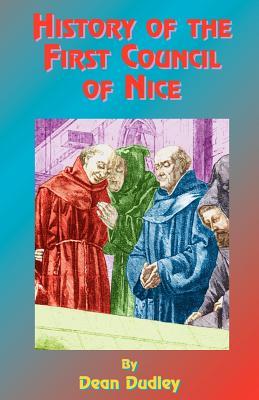Constantine came to power in ruthless fashion, one of six sovereigns of the Roman Empire in the year A.D. 308 (they had been collectively appointed in 305). Only Constantine survived beyond the next decade and only one of the other sovereigns died a natural death. Constantine seemed to be involved in the deaths of each of the others, who were all non-Christian. It became politically expedient for Constantine to side with Christianity during this early and ruthless power struggle, and murderous plots were its central theme. After Constantine triumphed, he recalled or released Christian ministers who had been persecuted by his rivals.
With his ruthless past weighing heavily on him, he was told by a counsellor that there were no sins so great that they cannot be forgiven in Christianity. This was exactly what he wanted to hear. He embraced the faith enough to justify what he had done and, although he did not officially convert, approved the faith in 313 for the entire Roman Empire. Following this, he went on to eliminate close relatives and family who might otherwise challenge his crown. Christianity seemed to be his" partner in crime." Later, on Constantine's own deathbed, he made sure to officially convert to the faith in an effort to wash away his sins.
The Council ofNice, basically run by Constantine, endorsed a few erroneous and inaccurate concepts which were accepted by the faith, and thereby opened the door for such practices to continue in later years. We should study the origins of our human problems so we can make an attempt to solve them. Christ
